Functional Fitness – Getting Your Body Ready For A Year Of Fun
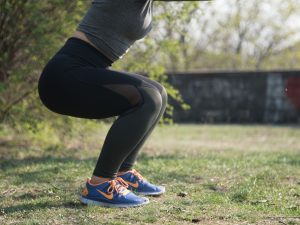 I watch people put their heart and soul into their workout program here in San Antonio, Texas. Some come in because they have medical issues that exercise and a healthy diet can help. Some just want to shed a few pounds and look their best. While those are both great reasons for working out, almost everyone that comes to the gym eventually loves the fact they have more energy and can do far more than they could before they started. After a few months of working out, clients notice they have more balance, coordination, are stronger and have more endurance. That’s functional fitness. It improves your range of motion and helps prevent muscle and joint injuries in the process.
I watch people put their heart and soul into their workout program here in San Antonio, Texas. Some come in because they have medical issues that exercise and a healthy diet can help. Some just want to shed a few pounds and look their best. While those are both great reasons for working out, almost everyone that comes to the gym eventually loves the fact they have more energy and can do far more than they could before they started. After a few months of working out, clients notice they have more balance, coordination, are stronger and have more endurance. That’s functional fitness. It improves your range of motion and helps prevent muscle and joint injuries in the process.
Functional fitness works your core muscles.
While looking great is important, enjoying every minute of life to its fullest is far more important. You can’t do that if you’re not healthy and fit. When you do core training, which boosts that fitness, you’ll be boosting your chances of avoiding those sudden injuries from doing something as simple as bending over to tie a shoe or picking up a child. Whether you’re 26 or 86, this type of training can help you prevent injuries, boost your endurance and for seniors, help you live on your own longer.
You may not realize that you’re doing functional fitness training.
We just call it exercise, but in reality, you’re working all muscles in the body when you workout with us. While our workouts help you build muscle tissue and burn fat, they also aid in making sure you do everyday tasks at home, work or play with less potential for injury. It builds core strength, helps relieve backaches, builds strength an stability. Consider this. When you do squats, you’re burning calories and sculpting your body, but you’re also building strength so that sitting down and getting up from a chair are easier tasks.
It’s all about living better and feeling good.
Make this year the year you get back to those things you enjoyed doing when you were in your teens and twenties or trying new things you were afraid you didn’t have the strength or endurance to do. While we don’t necessarily focus on a specific functional fitness program, we provide all the training that not only helps you reduce injury, improve core strength, improve flexibility and boost your endurance. In other words, at Iron Fit, we not only help you shed those extra pounds, we get you ready for getting the most enjoyment out of life.
- We can help everyone, even if you’re completely out of shape or have physical limitations. However, you need to check with your health care professional to make sure you’re able to start a fitness program and let us know your limitations.
- Just imagine how great you’ll feel and look. Weight loss and body sculpting will boost your confidence, but the energy, strength and flexibility will boost the fun.
- Seniors benefit from our fitness regimen. It helps reduce the risk of falls, slows or stops the progress of osteoporosis and improves balance. You’ll have pep in your step.
- Exercises that focus on functional fitness work several joints and muscles at once. Instead of focusing just on a thigh muscle, it’s works the entire leg and hip area.
For more information, contact us today at Iron Fit San Antonio

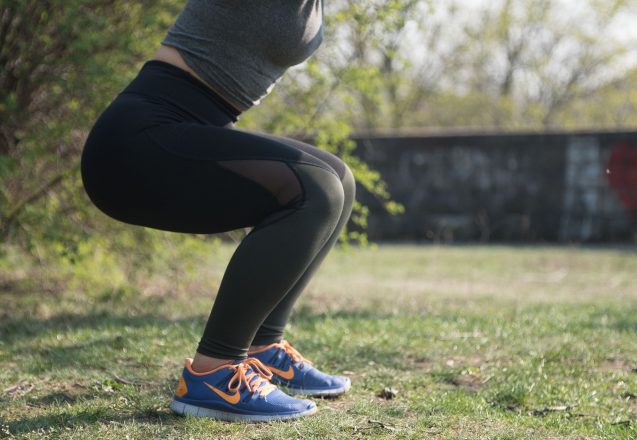
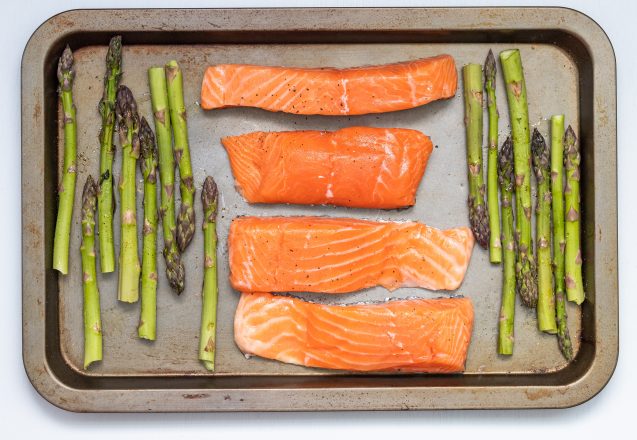
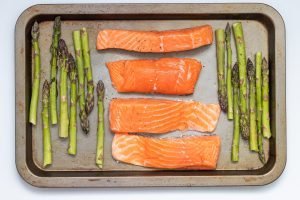 If you’re ready to sign up for weekly deliveries of fat burning food, you wouldn’t be alone. Anyone that’s been eating healthy and wants to make weight loss faster would naturally be interested. These foods tend to burn a higher number of calories to digest than they actually contain. They also may help build muscle tissue—and that muscle tissue burns more calories than fat tissue does. They may also promote fat burning. For instance, raw almonds not only are a good snack that fill you up, they also build muscle tissue.
If you’re ready to sign up for weekly deliveries of fat burning food, you wouldn’t be alone. Anyone that’s been eating healthy and wants to make weight loss faster would naturally be interested. These foods tend to burn a higher number of calories to digest than they actually contain. They also may help build muscle tissue—and that muscle tissue burns more calories than fat tissue does. They may also promote fat burning. For instance, raw almonds not only are a good snack that fill you up, they also build muscle tissue.
 Do you want to lose weight? Is paying less for food important? Can saving time be a help? You’ll get all those benefits when you meal plan. Planning your meals ahead, shopping and even preparing them ahead may take more time the first few weeks, but you’ll find it saves time, money and even eat better the longer you do it. You start by with the planning, which should take place Wednesday or Thursday night, so you can shop for your meals on Friday and cook over the weekend.
Do you want to lose weight? Is paying less for food important? Can saving time be a help? You’ll get all those benefits when you meal plan. Planning your meals ahead, shopping and even preparing them ahead may take more time the first few weeks, but you’ll find it saves time, money and even eat better the longer you do it. You start by with the planning, which should take place Wednesday or Thursday night, so you can shop for your meals on Friday and cook over the weekend.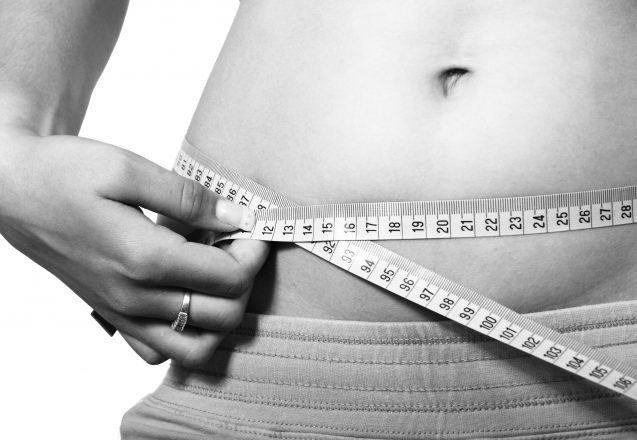
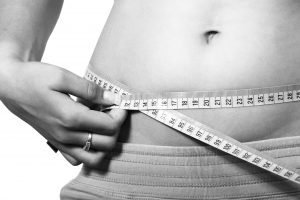 If you’re one of my clients in San Antonio, Texas, you know that we look at various factors, besides the number on the scale, to check your progress. There’s a reason for that. Sometimes, the scales lie. That’s right, the scales simply don’t give the whole picture and by doing that, lead you to believe you’re a failure. There are other ways to keep the report from the scales in perspective and truly judge whether you’re making progress.
If you’re one of my clients in San Antonio, Texas, you know that we look at various factors, besides the number on the scale, to check your progress. There’s a reason for that. Sometimes, the scales lie. That’s right, the scales simply don’t give the whole picture and by doing that, lead you to believe you’re a failure. There are other ways to keep the report from the scales in perspective and truly judge whether you’re making progress.
 Working out burns calories and uses glycogen reserve, so naturally you’d be hungry after you work out. It’s one reason that exercise can help you shed pounds, but won’t do as much good if you’re not eating a healthy diet. That’s why it’s important to fuel up before you workout, to ensure you’re not building a ravenous appetite.
Working out burns calories and uses glycogen reserve, so naturally you’d be hungry after you work out. It’s one reason that exercise can help you shed pounds, but won’t do as much good if you’re not eating a healthy diet. That’s why it’s important to fuel up before you workout, to ensure you’re not building a ravenous appetite.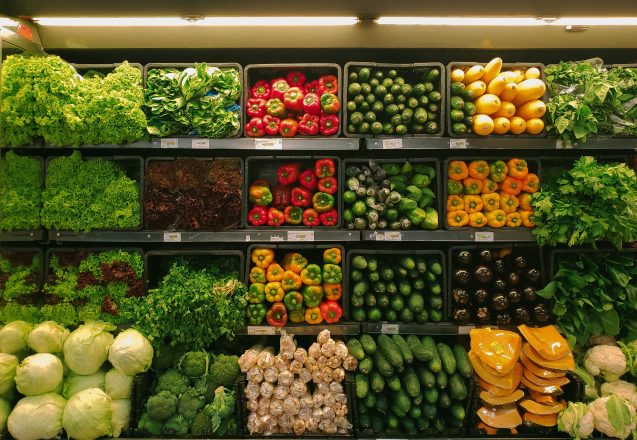
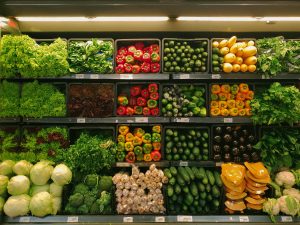 Losing weight can take a lot of effort, especially if you’re working off the pounds at the gym. It can mean creating a weekly menu and shopping list, then making all the food on the weekend for healthy meals throughout the week. If you just know you’re not going to do that and don’t want to sweat off pounds in the gym, here are tips for weight loss for lazy people, not that you are. You can use some of these tips to supplement a program of weight loss.
Losing weight can take a lot of effort, especially if you’re working off the pounds at the gym. It can mean creating a weekly menu and shopping list, then making all the food on the weekend for healthy meals throughout the week. If you just know you’re not going to do that and don’t want to sweat off pounds in the gym, here are tips for weight loss for lazy people, not that you are. You can use some of these tips to supplement a program of weight loss.
 Exercise can help a lot of areas, including the breasts, but unfortunately, there are no exercises to lift sagging breasts and return them to their youthful perky appearance. However, you can give them a better appearance and reduce further effects of gravity. If you want to get back to that look from teens and twenties, only surgery can help. If you don’t fluctuate in weight, wear adequate support and exercises the muscles under the breasts, you can do a lot to improve your look and prevent future sagging.
Exercise can help a lot of areas, including the breasts, but unfortunately, there are no exercises to lift sagging breasts and return them to their youthful perky appearance. However, you can give them a better appearance and reduce further effects of gravity. If you want to get back to that look from teens and twenties, only surgery can help. If you don’t fluctuate in weight, wear adequate support and exercises the muscles under the breasts, you can do a lot to improve your look and prevent future sagging.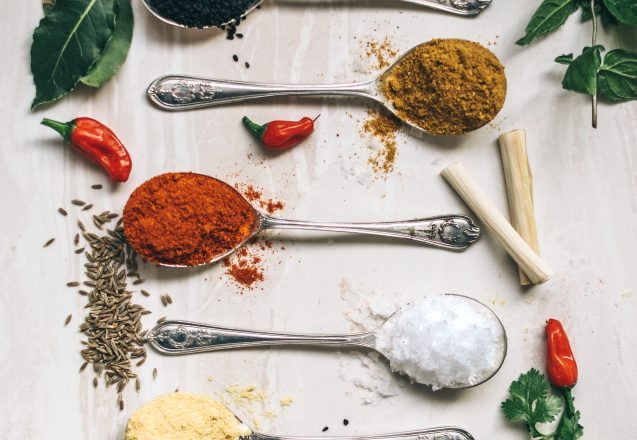
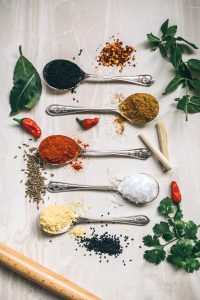 If you’re hoping to find the best weight loss program in San Antonio, Texas, you’ll not find it by searching for magical supplements or mystical meals. You’ll get it by following a program of personalized exercise and healthy eating. That doesn’t mean that you can get a little boost along the way, while adding flavor and interest with spices and herbs. In fact, the addition of cinnamon and ginger to your efforts could make a positive impact to your efforts.
If you’re hoping to find the best weight loss program in San Antonio, Texas, you’ll not find it by searching for magical supplements or mystical meals. You’ll get it by following a program of personalized exercise and healthy eating. That doesn’t mean that you can get a little boost along the way, while adding flavor and interest with spices and herbs. In fact, the addition of cinnamon and ginger to your efforts could make a positive impact to your efforts.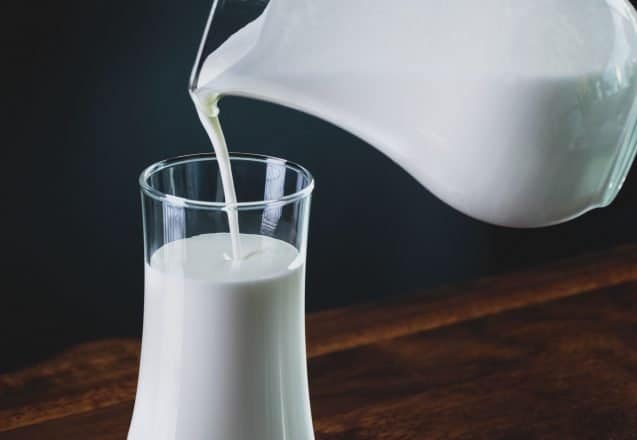
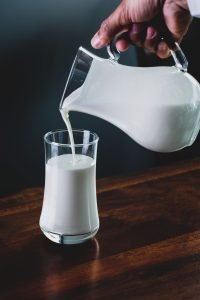 The concern for bone loss and osteoporosis has become far more prevalent. You can tell by the fact that Medicare provides a free bone density test. Bone loss doesn’t have to occur or take as much of a toll if you follow a few tips. While you may not be able to eliminate it completely or reverse some of the damage, you can build stronger bones by following a few of these tips to promote bone health.
The concern for bone loss and osteoporosis has become far more prevalent. You can tell by the fact that Medicare provides a free bone density test. Bone loss doesn’t have to occur or take as much of a toll if you follow a few tips. While you may not be able to eliminate it completely or reverse some of the damage, you can build stronger bones by following a few of these tips to promote bone health.
 There’s a lot of fun things to do in San Antonio, TX, and many of those activities provide a great workout. Whether it’s taking a bike tour around the city or creating your own River Walk tour, there’s a massive amount of things to do in our fair city. One thing that will keep you healthier is to stick with your normal schedule. Sure, sleeping in sounds like a blessing, but did you know that just changing your sleep schedule by one hour can increase the potential risk for heart disease by about 11 percent!
There’s a lot of fun things to do in San Antonio, TX, and many of those activities provide a great workout. Whether it’s taking a bike tour around the city or creating your own River Walk tour, there’s a massive amount of things to do in our fair city. One thing that will keep you healthier is to stick with your normal schedule. Sure, sleeping in sounds like a blessing, but did you know that just changing your sleep schedule by one hour can increase the potential risk for heart disease by about 11 percent!